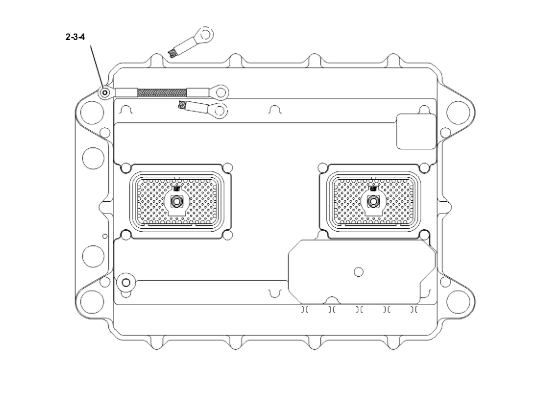For orders and details please call 726-999-0231
PCM Vs. ECM Vs. TCM: What’s The Difference?

The vehicle’s computer is often called the Engine Control Module (ECM) or the Powertrain Control Module (PCM).
ECM (Engine Control Module)
Engine Control Module and Engine Control Unit refer to the same component. Depending on the vehicle manufacturer, the system is either called the ECM or ECU. Its primary function is to take in the essential information from the sensors in a vehicle’s engine.
The data includes the cooling system, exhaust, and several other components to assess the engine’s running condition. As a result, it allows the engine to operate with optimal power and efficiency.
TCM (Transmission Control Module)
The Transmissions Control Module controls a vehicle’s transmission and takes in information from the sensors and actuators in the transmission. These sensors and switches include monitoring the positions of gas and brake pedals, gear selection, oil temperature, wheel speed, engine torque and speed, and transmission input and output speeds.
The collected information is used to determine when the transmission should shift gears. Traditional manual transmissions can operate without a TCM because the driver shifts the gears. However, this component helps determine when and how the vehicle should shift gears to produce the most torque and efficiency. The TCM receives signals from all the sensors around the engine.
PCM (Power Control Module)
Though it appears to be a single unit from the outside in many vehicles, the Power Control Module is typically the combined form of ECM and TCM into a single module. The PCM gets inputs from sensors through both of these systems. The sensors are spread around the vehicle and provide information regarding engine management and performance.
Other subsystems controlled by the PCM include fuel emission, automatic transmission, anti-lock brake systems, fuel injection, and more.
In most cases, the ECM and TCMM operate independently, but since they are combined in a PCM module, they can easily share data and work together when necessary. With the ECM and TCM together in a single unit, PCMs can synchronize the functions of each for improved fuel economy, power delivery, and overall efficiency.

At CATECM, we ensure that the ECM programming is done optimally to maximize the engine’s power output. We also offer ECM repair and replacement services at reasonable prices.
Moreover, if you’re looking for diesel truck parts or ECM remanufacturing, we have got you covered. Reach out to us today for more information and details.

